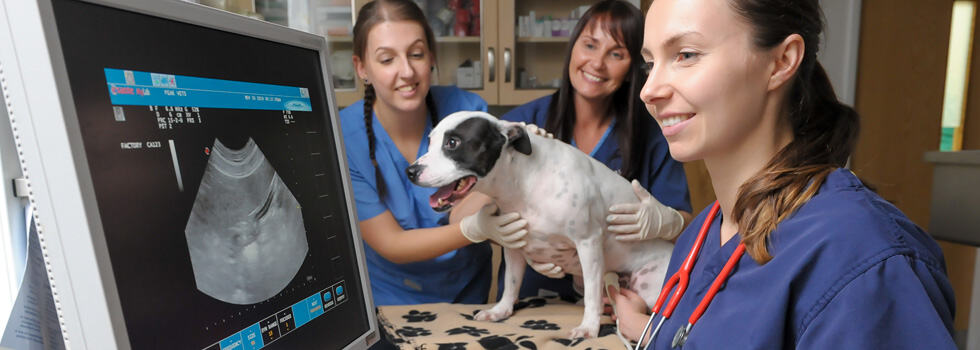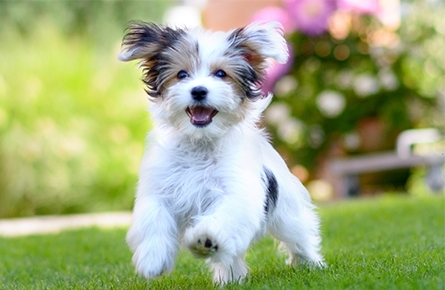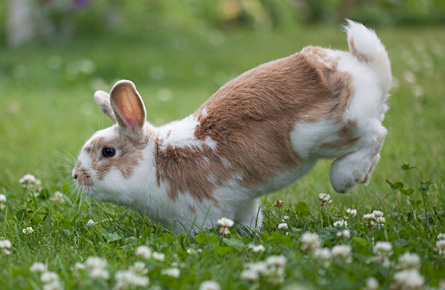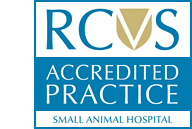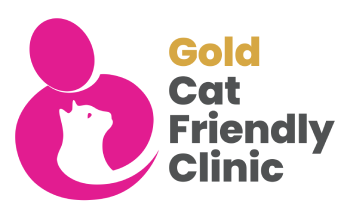The only secure method of granting protection against several serious illnesses that still affect cats in the UK is through cat vaccinations in Sheffield. Frequent cat vaccines can provide lifelong protection for your feline companion when administered as directed by your veterinarian.
Immunity and cat vaccinations in Sheffield
Immunity is the body's natural ability to fight off disease. As part of a cat vaccination in Sheffield, a little but entirely harmless amount of the vaccinated sickness is given to the body to produce protection.
Immunity in kittens
A kitten's immunity during the first few weeks of life is frequently supplied by colostrum, the mother's first milk. However, this immunity rapidly wanes after a few weeks, leaving the kitten susceptible to disease. Now, vaccinating cats may take accountability for their security.
What diseases do we vaccinate against?
Cat ‘flu (feline upper respiratory tract disease)
common in the UK and extremely severe, especially in older cats and kittens. Cats can sneeze or directly infect one another with it. symptoms such a high temperature, runny eyes and nose, and extreme fatigue. Regular cat vaccination is the best protection against the disease.
Infectious enteritis (feline panleucopenia)
Despite being extremely rare, disagreeable, and occasionally fatal, the condition may be effectively controlled by cat vaccination.
Feline leukaemia
A virus may spread when cats fight or even merely groom one another. It may take months for the illness to show symptoms, but once it does, the cat's immune system will be weakened, which may result in tumours, further infections, and ultimately death. This disease is gradually being controlled by the cat vaccination program.
Chlamydophila felis
is especially prevalent in families with several cats and kittens and can lead to conjunctivitis.
Rabies
If you wish to transfer your cat overseas, you must vaccinate them against a hazardous disease that does not exist in the UK.
Kittens First Vaccination in Sheffield
The first immunisation for your kitten in Sheffield usually consists of two jabs spaced at least a few weeks apart. If you adopt a kitten that is older than nine weeks, you should talk to your veterinarian about cat vaccination regimens. At that age, this is the first round of vaccinations that can be given. The doctor will assess your kitten's general health at the same time.
After a cat vaccination, immunity takes a few days to develop. Your veterinarian will decide when it's safe to allow your kitten interact with other animals.
Your cat may eventually get immune to an illness and lose their susceptibility. Based on the condition, boosters can be required. A general health evaluation and any required booster shots will be part of a yearly veterinarian visit.
A vaccination card detailing your cat's immunisation history and the date of the upcoming booster dose will be sent to you. Make sure to save it properly and bring it to your cat's yearly examination since the catteries will need to view it.
New kitten?
Vaccinating your kitten is essential for their health and will be a significant component of their lifelong preventative care. To make an appointment at Peak Vets in Sheffield, register online.
Book a cat vaccination in Sheffield
Cat Vaccinations FAQs
Cat Vaccinations FAQs
Why are cat vaccinations necessary?
Vaccinations are essential for providing your cat with adequate protection from life-threatening and debilitating diseases. There is the option of Titre testing, which involves blood samples to determine your cat’s immunity. Unfortunately, this is not always 100% reliable and can be costly to perform. Cats also staying in boarding or cattery facilities are often required to be vaccinated if you're planning to go on holiday.
Do indoor cats need vaccinations?
Indoor cats still require vaccines, but this may be a reduced course that only includes cat flu and enteritis. However, many indoor cat owners still have a full vaccination course each year just in case their cat decides to go out exploring!
What happens if you don't vaccinate your cat?
Deciding not to vaccinate runs the risk of your cat contracting various harmful diseases. If you want to travel with your cat or need them to stay in boarding facilities or catteries, most sites require up-to-date vaccination status and will not accept unvaccinated animals. A yearly vaccination course can help to protect your cat so they can live a happy and healthy life.
Should you vaccinate an older cat?
As long as your cat is fit and healthy, we would always recommend vaccinations for your cat. These vaccinations provide protection from harmful diseases.
Can a vet tell if a cat has been vaccinated?
There is no way to tell if a cat has been vaccinated physically; however, if your cat has a vaccination card, previous vet records or microchip details, our team can look into your cat's history where possible.
How much does it cost to vaccinate a cat?
At Peak Vets, we understand that vaccinations can be costly, as can all healthcare for your feline friend. This is why we have introduced our Pet Health for Life plans. These have been designed to help pet owners spread the cost of health care evenly throughout the year whilst ensuring that their pet receives all necessary healthcare when needed on an annual basis.
Vaccinations are included in our Cat Pet Health for Life Plan when your cat receives their annual health check with us.
If you have not yet signed your pet up to our plans, or would like to know now, click here.

